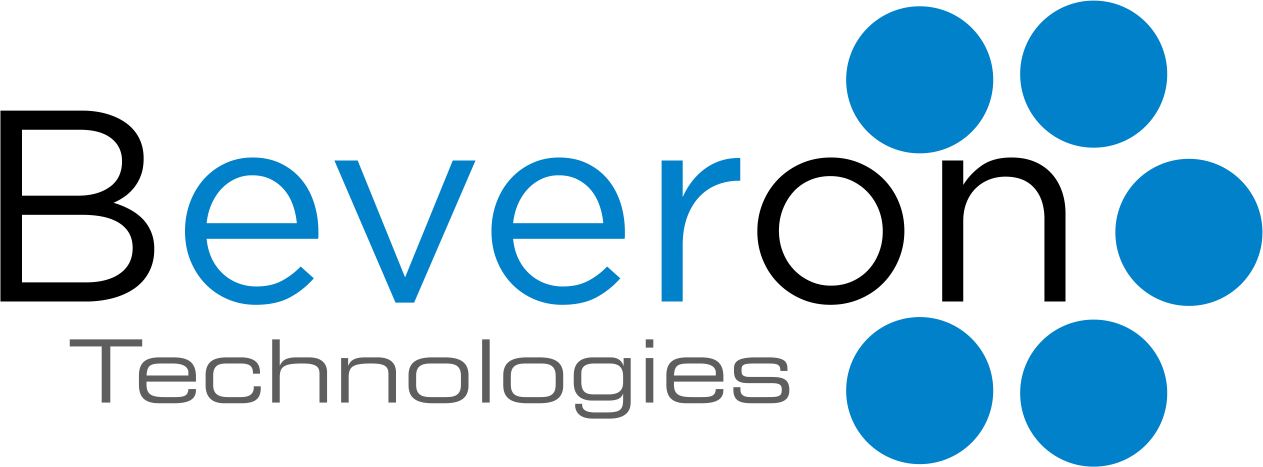

Beveron Smart Legal Counsel is the leading cloud-based legal software in Turkey, designed to streaml...

Smart Legal Counsel by Beveron is the leading cloud-based legal software in Thailand, designed to st...

Beveron Smart Legal Counsel is the leading cloud-based legal software in Tanzania, offering secure, ...

If you’re reading this post, it’s most probably because you’re exploring / researching on how a virtual legal assistant can help your law firm. And so, till now, you’ve likely:
By now, it should be clear from the list above that we’re not talking about some pre-recorded voice prompt. So, from here on out, we’ll consider the definition of virtual assistants for law firms to be automated and interactive law office software that handle work not required to be completed by an attorney.
Too Generic? Yes. But being generic allows us to consider the following types of legal virtual assistants, all of whom play critical roles in supporting law firms:
On the basis of surveys and questionnaires with law firm owners about their major pain points, there’s a general consensus that the three most important jobs of a legal virtual assistant are:
Here, it’s important to consider what these broad terms mean and how virtual assistants handling these tasksin a legal firm will impact your day-to-day work. It’s helpful to break these three down further:
Customer Support Duties by a Virtual Assistant
Generally speaking, customer support duties for attorneys often takes the shape of providing case updates, answering and returning calls, replying to emails, monitoring social media, monitoring reviews and requesting them from clients, and triaging communications in
general. The assistant is rarely the final source of information but the initial frontline service member.
Precautions while using virtual customer support assistants
Even if you have the very best law firm software as virtual assistants, monitoring them is an essential responsibility for any law firm owner placing legal virtual assistants in frontline service roles. Many law firm owners opt to add call recording to their phone lines and freelance management platforms like Upwork that monitor output and productivity with screen recorders. Among other solutions, this ensures work quality is up to the firms’ standards, and accidental missteps are quickly rectified to minimize potential for damage.
Inbox and Calendar Management Duties by Virtual Assistants
Till the recent past, the term “Inbox Management” typically only included email inboxes. But now, with the rise of instant messaging, social media, and review sites, it’s always wiser to consider all platforms with an inbox or messaging feature, worthy of monitoring by a virtual assistant. After all, any individual who sends your firm a Facebook message deserves a reply just as quickly as someone who emailed you.
Calendar Management generally means booking, rescheduling, and reminding clients of appointments. It may also include a light outreach to clients who are due in court, to ensure they appear on time and are presentable. Any law firm software or virtual assistant equipped with instructionsto the courthouse, parking guidelines, and other specialized tips can go from moderately to majorly valuable. (Maybe another category here should be for stress management, but I’ll leave that to another article!)
Calendar Management requires quite rigorous attention to detail, keen listening skills, real time communication about availability, expectations, and (when necessary) associated costs. It’s not uncommon to have payments due for consultations. Any law firm virtual assistant handling those bookings must be authorized to accept credit cards over the phone, using law firm billing software, or sending payment links via email, text, or social message.
Precautions while using inbox and calendaring with virtual assistants
As with any law office software that requires access to direct communication channels with leads and clients (and perhaps other attorneys and court staff), it is strongly recommended to have any virtual assistant sign an NDA before working with your firm. But again, don’t let that substitute for active monitoring and management. It’s the duty of the firm owner(s) to ensure all work is handled according to the Professional Rules of Conduct of the jurisdiction.
Data Entry and Document Management by Virtual Assistants
This should be pretty self-explanatory like the others: virtual assistants for lawyers can enter data and keep documents filed in the proper location (that is, within law firm software programs instead of filing cabinets).
Other such routine duties may also include transcribing calls, taking notes in meetings, processing audio and video files for uploading to secure servers, and writing manuals and guides for firm operations that they may have observed or practiced.
In a worst-case scenario, if a virtual assistant malfunctions or becomes inoperational, this manual can be used by the departing assistant to train their replacement—or at least for the management in the virtual assistant company to prepare the incoming helper.
Precautions in Data entry and document management with virtual assistants
Ideally, take a step-by-step approach, gradually increasing the virtual assistant’s access to your firm’s data and other software modules. It’s always better to be slightly slower upfront than to lose many hours later trying to fix a mistake, retrieve lost documents, etc.
In conclusion…
By now, it can be safely concluded that you can use technology to manage all your business commitments and engagements. If the Covid-19 pandemic has taught us anything, it’s that nimble law firms have the best chance of thriving profitably. Accepting a little risk in the form of innovation and new business models is far better than facing risks from inaction and stale business models.
The beauty of software-based virtual assistants, receptionists, and other similar tools, is that using these software for UAE-based law firms can work harmoniously with just about any systems your firm has in place, including case management software. They’re the perfect bridge between where your firm is positioned now, and where it’s headed.